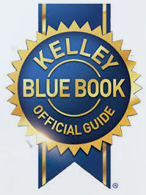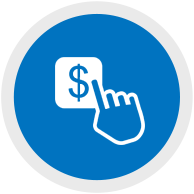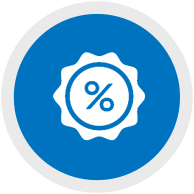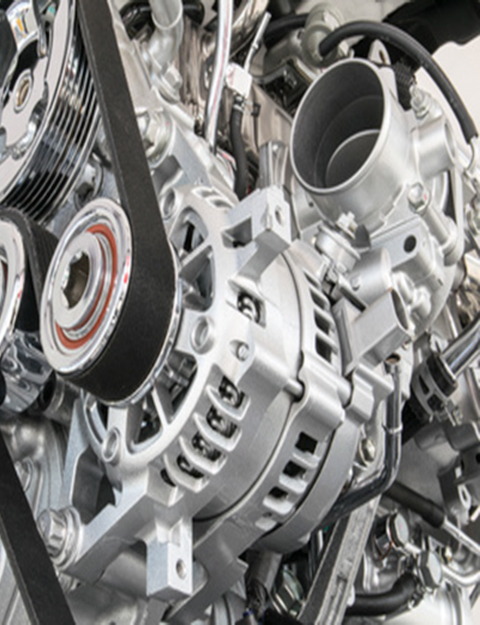Essentially, the more time you have to wait for the ‘right’ price, the better chance you have of getting it. If you are wanting to sell in a hurry, you may not have the luxury of negotiation, setting a higher market price, and finding the ‘right’ buyer in time. What is the right buyer? The buyer who is willing to pay the price you allocate.
After taking your car’s value and condition into consideration, the timeline you have for a sale will also affect the value of your car. Remember, just because the time is right for you to sell, doesn’t mean there will be a large pool of buyers waiting. If you have the time to wait, scan through selling options, research local car sales, and screen potential buyers, you are more likely to achieve a higher market value, and price, for your car. For example, if you determine that your car’s value is around $9,000, but there are no buyers who are willing to pay that amount, then your car is arguably not worth $9,000 in the current market; it’s value in a sales market is significantly determined by what others are prepared to pay.
Having the luxury of a little more time for the sale of your vehicle, will enable you to wait for buyers that are willing to pay your set price, and allow for price negotiations with buyers. Time will also allow you to shop around for the best trade-ins or dealership sales, and give you negotiation power within these deals. Typically, if you are in a hurry, then whatever price someone else is willing to pay for your vehicle, becomes its value in the marketplace.










